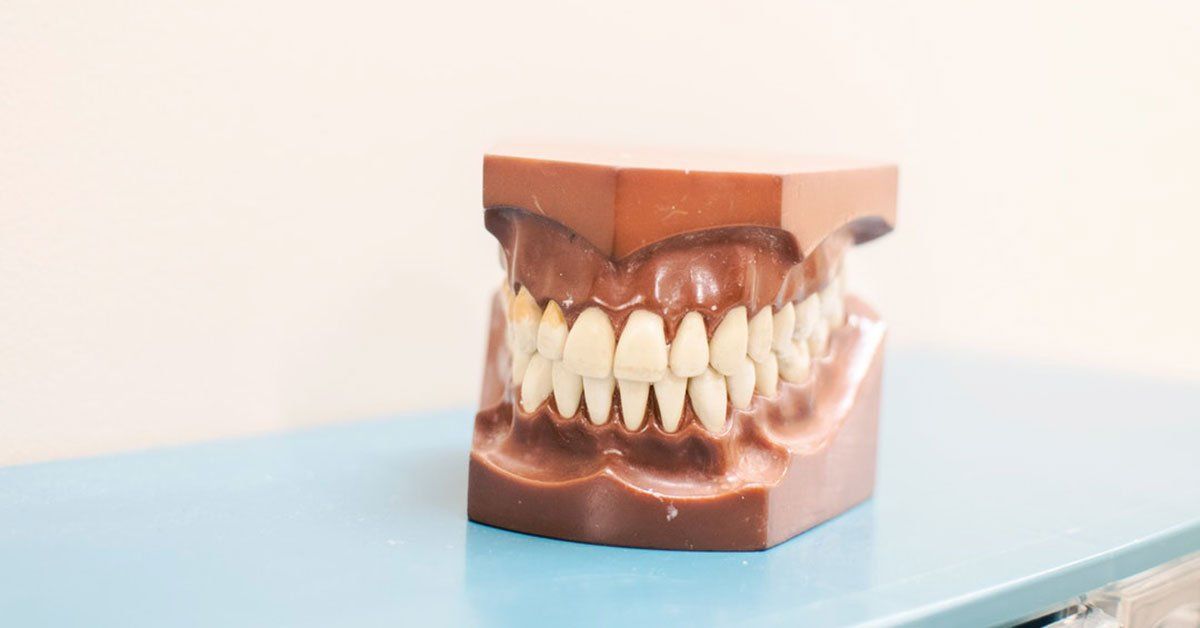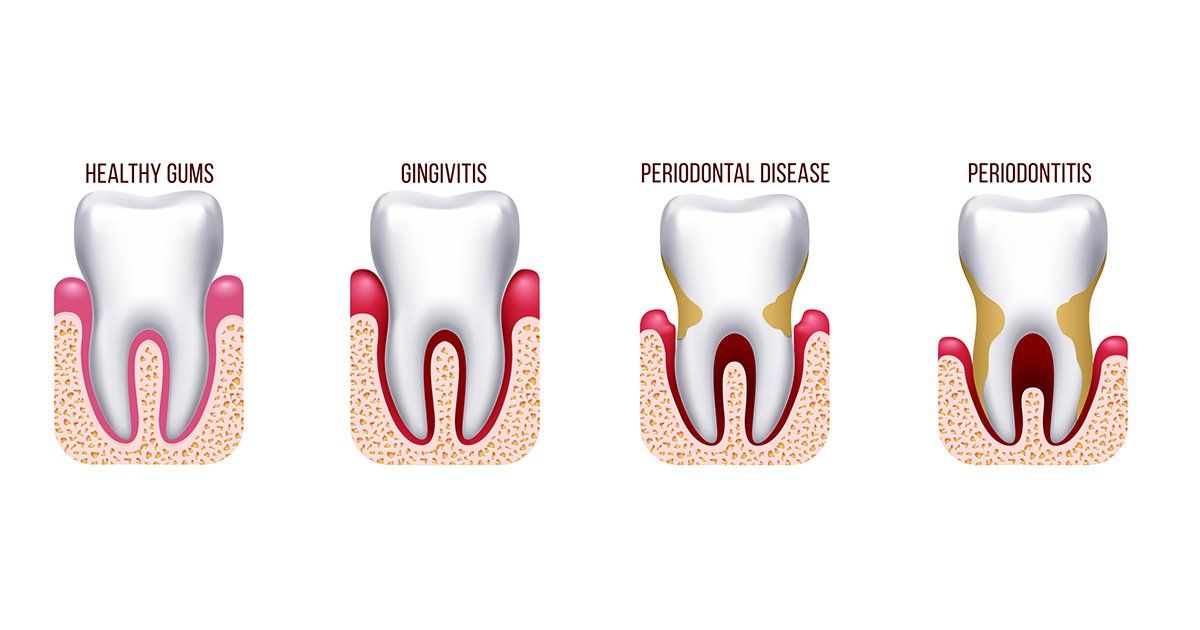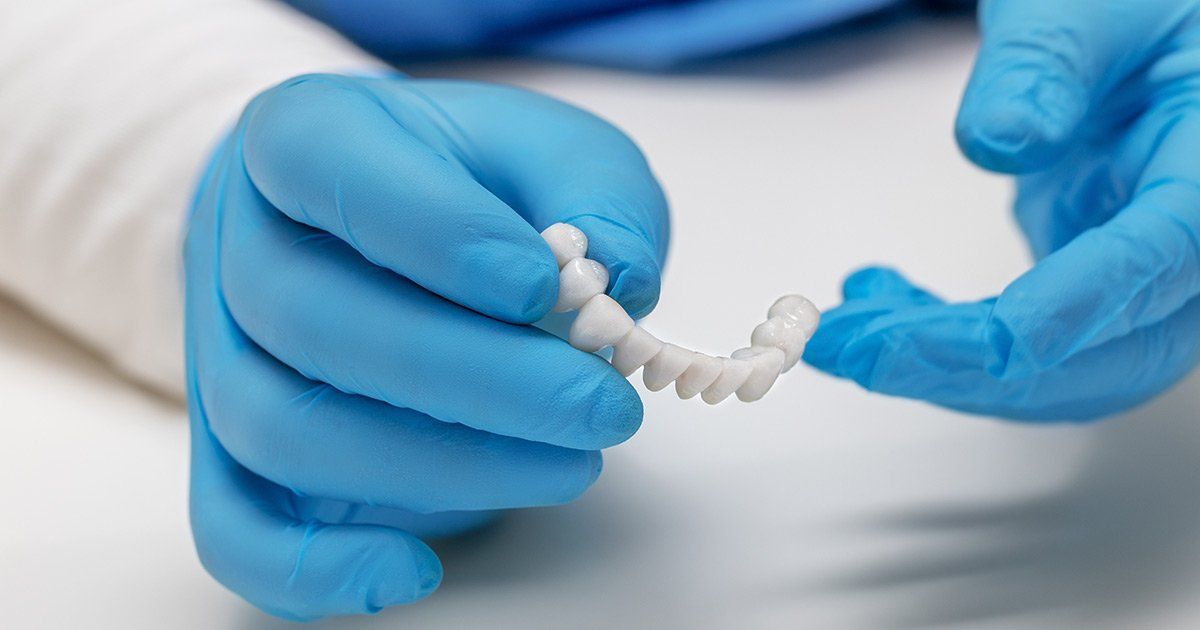Dental Bridge vs Implant: 5 Pros and Cons
Dental bridge vs implant, what is the difference? To replace a lost tooth a dentist usually gives two options in a dental bridge or implant. Here are the pros.
Losing teeth can be hard on the self-esteem and the function of your mouth. Both can impact your day-to-day quality of life. Dentists generally use two different methods when replacing a lost tooth. These options include a dental implant and a dental bridge.
Both of these options fix the same issue but their methods are quite different from each other. Each one has its own pros and cons that can help you in deciding which one would be best for you.
Understanding the difference between a dental bridge vs implant will help you to make the most informed decision. It will also help you feel more comfortable with the process. Keep reading to learn more about each procedure, and their pros and cons.
What Is A Dental Implant?
The structure of a tooth also includes the bone, nerves, and ligaments that hold it into place. When a tooth is lost, it causes all of these surrounding structures to deteriorate.
A dental implant is when they replace the root of the tooth with a titanium post. Over a period of a couple of months, the surrounding structures like bone, grow around the post.
Your dentist will place a protective cover over the post while the bone is regrowing. Then they will place a temporary crown while they wait for the gum to reform. After everything has grown and secured properly, a permanent crown is placed.
What Is A Bridge?
A dental bridge is exactly what it sounds like, a bridge between your teeth. Your dentist will shave down the two teeth on either side of the gap.
These teeth are shaven down and used to support the artificial crown in the middle. They place caps on the two remaining teeth which are bridged together by the crown. This secures the new tooth into place.
Dental Bridge vs Implant Pros and Cons
Dental implants are advantageous because they place less strain on the surrounding teeth. They also promote proper healing of the surrounding bone and tissue.
As a result, they reduce any long-term risks associated with the jaw. A well-done dental implant should last the rest of your life.
Disadvantages to using dental implants arise when there are multiple teeth that need to be replaced. Often, a single implant can cost thousands of dollars. When multiple teeth need to be replaced, dentists will most often recommend a bridge.
Lastly, the treatment time for dental implants is longer. They usually, take months and months to properly heal and multiple visits to your dentist will be necessary.
Dental bridges are especially advantageous when multiple teeth need to be replaced. They are the most cost-effective option. They also have a shorter recovery time, taking only a few weeks to heal.
Disadvantages include the strain that the bridge places on surrounding areas. Often, the two teeth that hold the bridge in place undergo a lot of strain. As a result, bridges are not a solution that will last a lifetime.
They also don't address the underlying structural issues. This means that the bone and tissue surrounding the old tooth will continue to deteriorate as time goes on.
The Solution For You
Deciding on a dental bridge vs implant depends on many different factors.
Being properly informed will help both you and your dentist decide on the best treatment plan for you.
For more questions on dental implants and bridges, speak with one of our experienced staff today!







